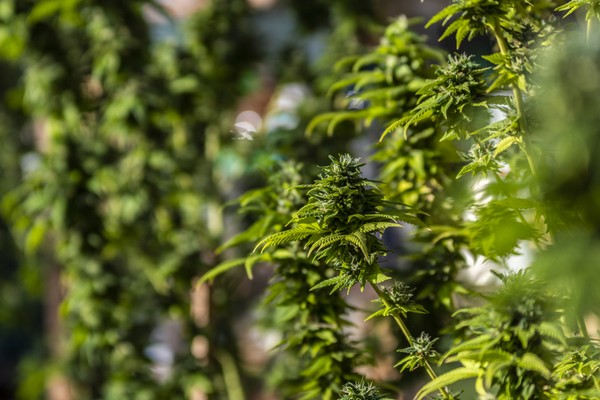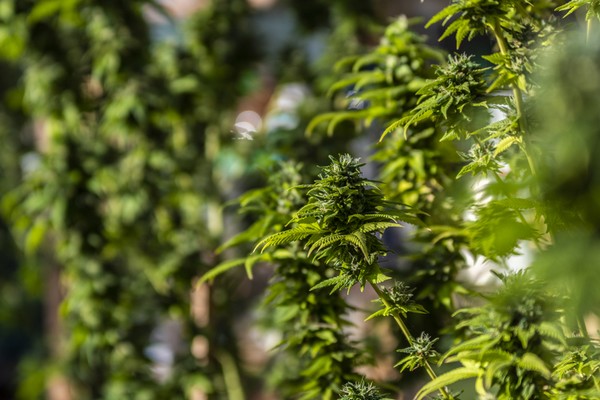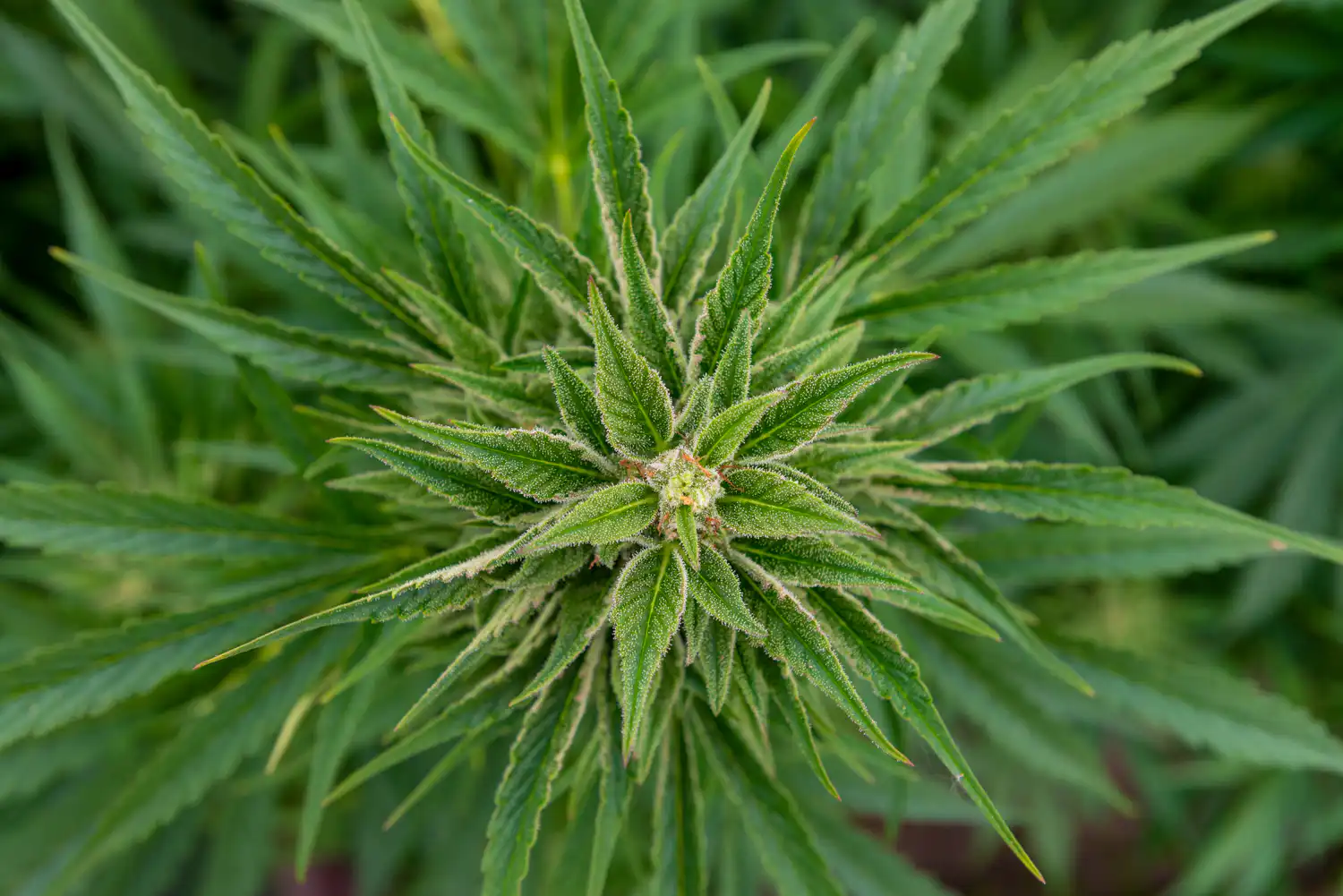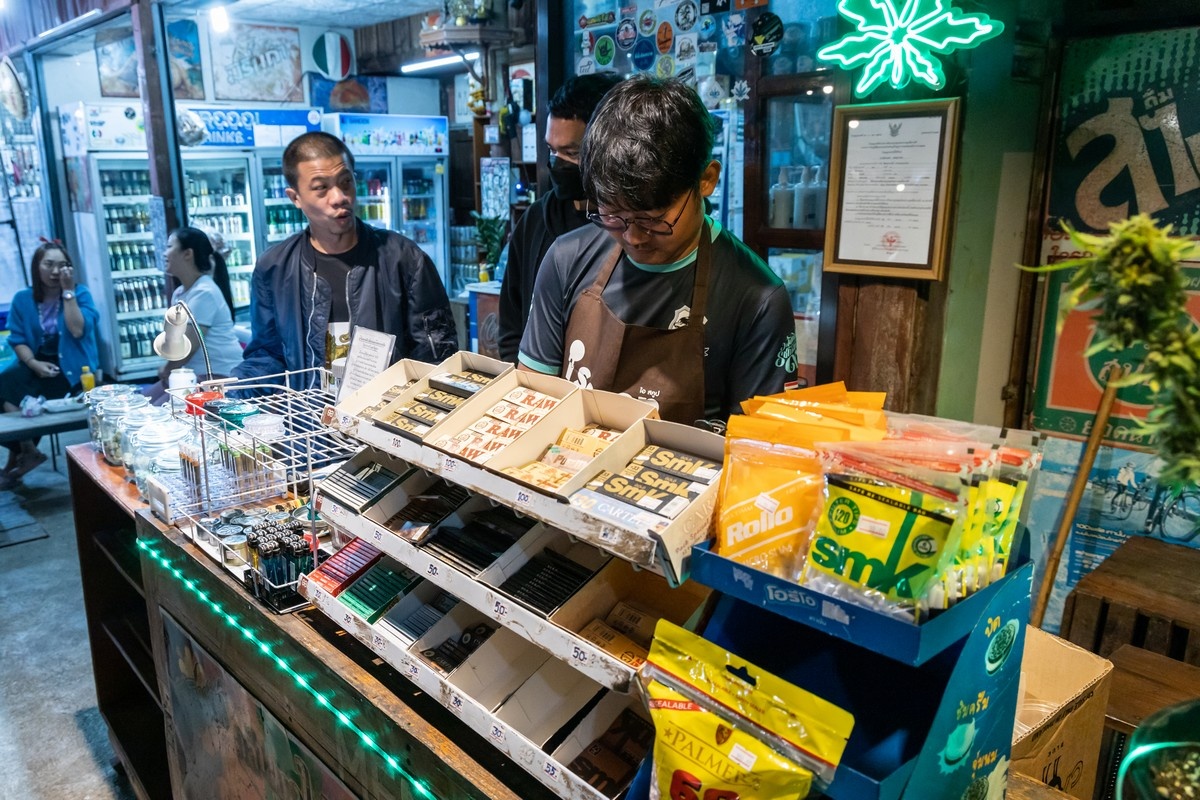“Our members are calling on this commission to help our industry create market stability and advance thoughtful and collaborative industry planning.”
By Kyle Davidson, Michigan Advance
Almost two weeks after Michigan lawmakers took office Legislation that imposes a 24 percent tax on wholesale marijuanaMembers of the Senate Regulatory Affairs Committee heard testimony on several bills that committee chairman Jeremy Moss (D-Southfield) said were aimed at reducing the regulatory burden on the cannabis industry.
Two bills were considered Wednesday, one limiting the number of licenses for marijuana dealers and supply centers, and another aimed at cracking down on the sale of unregulated intoxicating hemp products, though Moss indicated there would be additional meetings on the bills in the future.
Sen. Sam Singh (D-East Lansing) unveiled the first package, the Senate Bills 597 and 598Starting Jan. 1, 2026, it would limit marijuana dealer licenses and wholesale licenses per 10,000 residents in a municipality, similar to how the state regulates liquor sales.
Singh said communities with a population of less than 10,000 would always have at least one license.
In addition, current license holders can renew their licenses or transfer them to another person.
Second set, Senate bills 599–602It would create a regulatory framework for consumer hemp products in Michigan, Sen. Dayna Polehanki (D-Livonia) explained, citing that intoxicating products made from hemp, including Delta-8 and other synthetic cannabinoids, are being sold at Michigan gas stations, convenience stores and online without oversight or testing.
Both proposals received support from the Cannabis Regulatory Agency, which regulates Michigan’s adult cannabis industry, as well as support from several members of the state’s cannabis industry.
Derek Sova, the agency’s policy and legislative specialist, said one of the agency’s challenges is marijuana versus hemp, when debating whether a substance is intoxicating or not.
Hemp is commonly understood to be either a crop or a tissue, Sova explained, with both Michigan and the federal government’s definitions of hemp and marijuana allowing the unregulated sale of products containing high amounts of THC, the marijuana component primarily responsible for its intoxicating effect.
“Because of the way it’s defined, they’re considered hemp, and because of that, they’re not age-appropriate. There’s no testing requirement, like there is in Michigan with marijuana products. There’s no labeling restrictions,” Sova said.
In addition to establishing a regulatory framework for non-toxic consumable hemp products, such as CBD-infused gummies and intoxicating hemp products, Sova said the bill package would regulate the sale of non-consumable hemp, which is used to make textiles and building materials.
“Right now, under the current law, you have to get a license to do that, a license to sell that. We don’t think that should be regulated,” Sova said.
Robin Schneider, executive director of the Michigan Cannabis Industry Association, offered support for limiting licenses for marijuana suppliers and retailers, saying unlimited marijuana cultivation licenses have led to oversupply, lowered wholesale prices and harmed businesses throughout the supply chain.
Additionally, the proliferation of retail space has led to public nuisance concerns, traffic problems and community complaints, Schneider said.
“Our members are calling on this committee to help our industry create market stability and thoughtful, collaborative industry planning to make business decisions based on projections that at least include predictability,” Schneider said.
The association also supported the regulation of intoxicating hemp products, noting that these products are being shipped out of state to Michigan and are not being produced by Michigan hemp farmers.
“Not only have our hemp farmers been left out and harmed in many ways, current legislation does not allow them to manufacture hemp products for CBD-only consumption in Michigan,” Schneider said.
Kyleigh Cumming, lab director at Kairos Labs, a cannabis testing lab, told committee members that the 2018 farm bill defining hemp created a loophole that allowed CBD to be converted into THC-like compounds.
“These conversion processes create many dangerous and unknown byproducts along the way, while allowing the resulting products to be labeled as hemp-derived and sold in Michigan as an unregulated intoxicant,” Cumming said.
In a study of 15 vape products purchased in various southeast Michigan communities, Cumming said the products had no lab test results or traceability, and when purchasing the products, no one asked for ID to verify age. When the products were tested, the lab found 15 contaminants, and all 15 samples detected the THC levels of 0.3 percent set by the federal government.
While offering support for additional regulations on hemp products, City of Detroit cannabis director Kimberly James called for more teeth in the bill to allow local governments to take action when intoxicating hemp products are sold in unlicensed locations.
“(The Cannabis Regulatory Agency) does not currently enforce violations of the (Michigan Regulation and Marijuana Tax Act) against non-licensees, and I would not expect them to enforce violations of this act against anyone who is not a licensed consumer hemp processor,” James said. “Local governments should have the authority to stop this practice immediately when the products are in a regular store and explicitly state that they contain THC.”
Polehanki promised to work with James to make sure those changes were made, saying the legislation “isn’t good unless we take these products off the market.”
Blain Becktold, founder of iHemp Michigan, which represents hemp farmers, manufacturers and businesses across the state, said the group’s members supported denying or limiting the sale of products that could be harmful to purchase or consumption, but he refused to define hemp as hemp with less than 0.3 percent THC, pointing to a federal push to increase the 1 percent to 1 percent.
“That’s not to make more toxic products. That’s really for the safety of growers and farmers. If they invest that time, money and effort into farming, and it warms over .3, they’ve lost all of that. 1 percent we wouldn’t have that problem,” Becktold said.
Cassin Coleman of Cannabis Consumer Advocacy also expressed concern about the proposed regulations, noting that limiting THC in non-intoxicating hemp products would limit access to certain products that individuals use for medical purposes.
“As is often the case, the products that patients use consistently, which are CBD products, contain THC,” Coleman said, noting that these products contain THC because they are “full spectrum,” meaning they contain the full range of compounds that occur in the cannabis plant.
Trying to remove or limit the amount of THC in these products would remove other important cannabinoids, plant proteins and antioxidants, Coleman said, warning that these products could be ineffective.
This story was first published by the Michigan Advance.
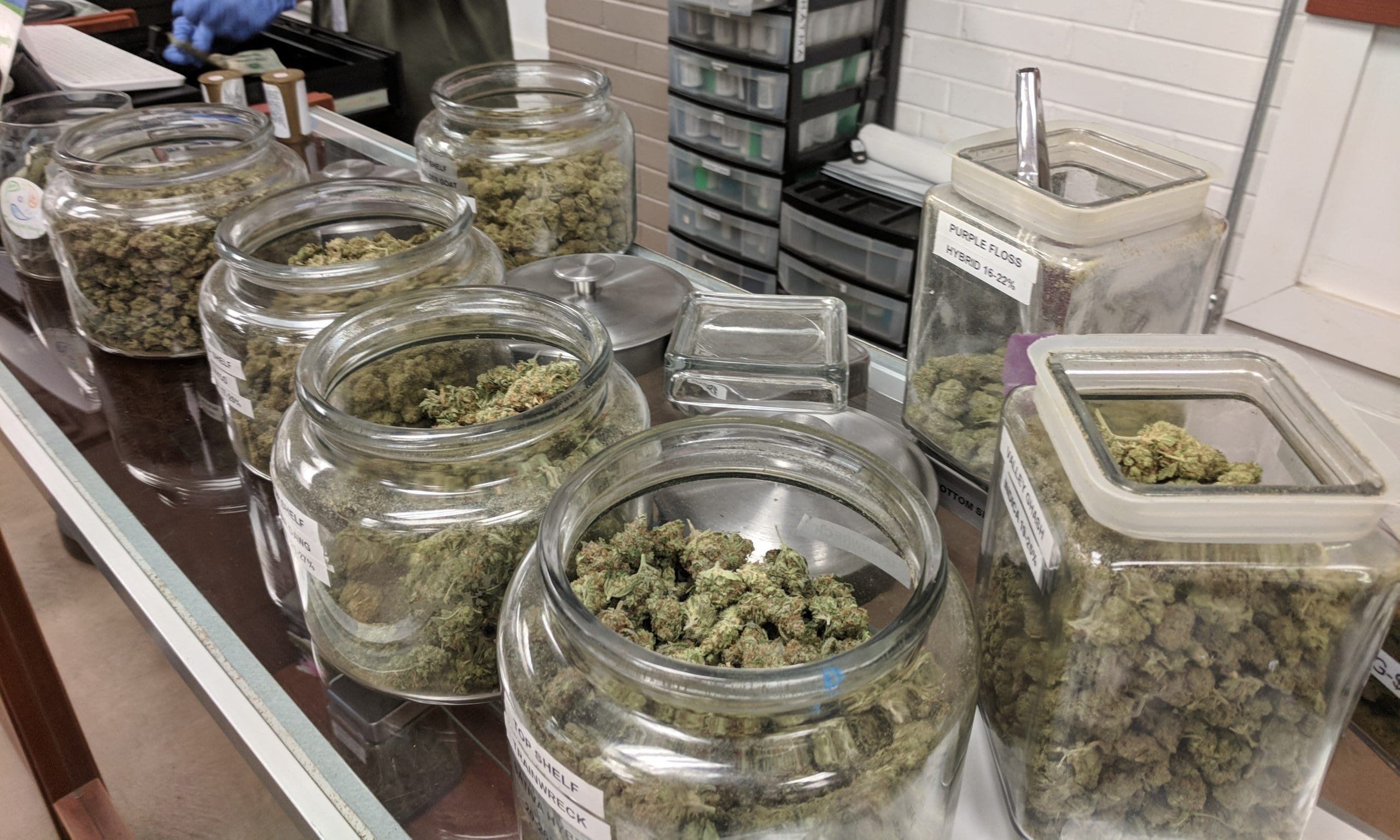

 Cannabis News6 months ago
Cannabis News6 months ago
 Florida6 months ago
Florida6 months ago
 Video5 months ago
Video5 months ago
 Best Practices6 months ago
Best Practices6 months ago
 Video6 months ago
Video6 months ago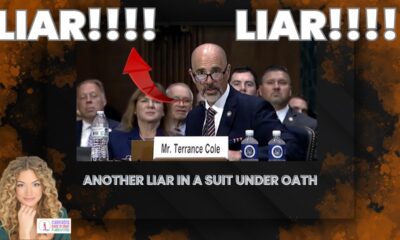
 Video6 months ago
Video6 months ago
 Video6 months ago
Video6 months ago
 aawh6 months ago
aawh6 months ago

